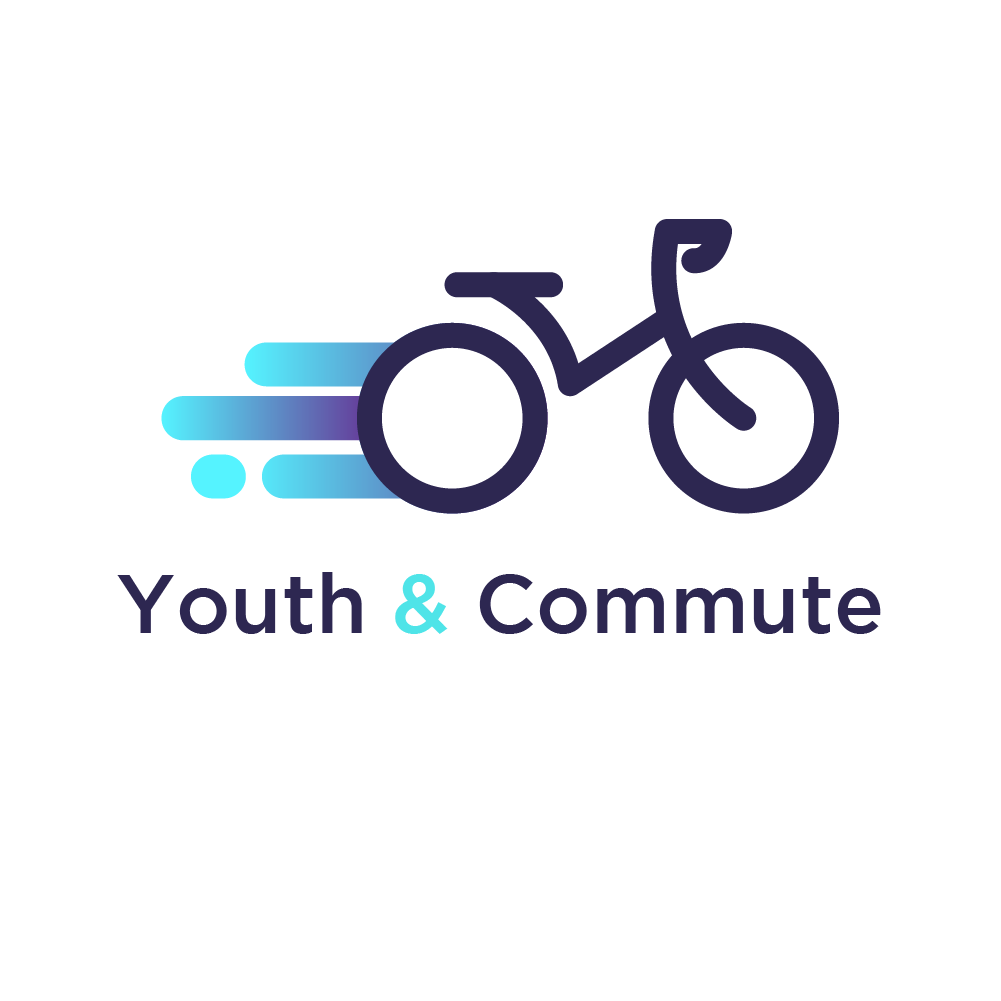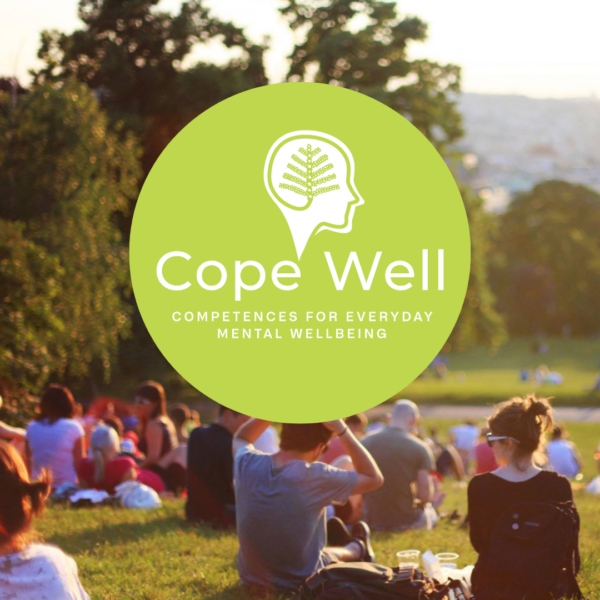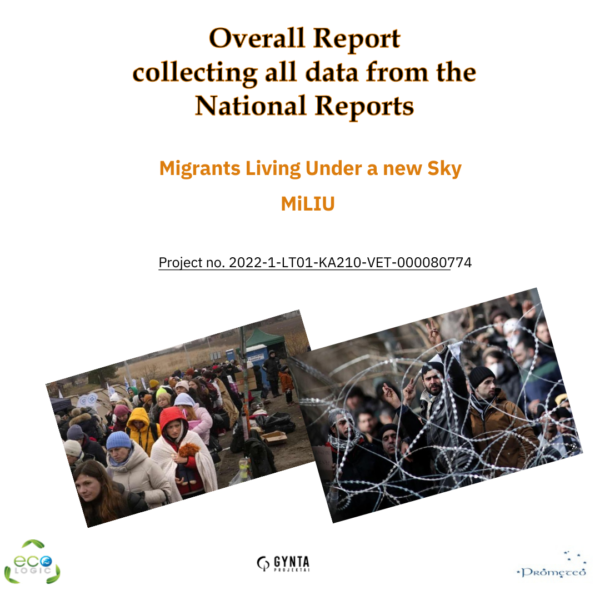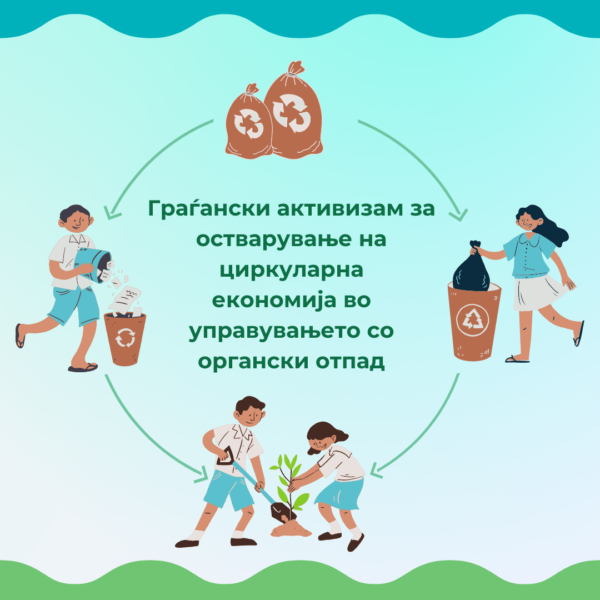Project title: YOUTH & COMMUTE – A structured approach for increasing the mobility of marginalized youth
Project start date: 01-03-2022
Duration: 28 months
Project end date: 30.06.2024
Project ID: KA220-YOU-D586ABAE
Coordinator of the project:
InterAktion – Verein für ein interkulturelles Zusammenleben , Austria
Partner Organizations:
Antalya Değer Yaratanlar Derneği (Antalya Value Creators Organization), Turkey
Eco Logic, The Republic of Macedonia
SDRUZHENIE RE- ACT, Bulgaria
MOBILIZING EXPERTISE AB, Sweden
Context/Background
We are living in times of chronic diseases, pandemics, increasing air pollution and global warming in cities designed mainly for cars. The chronic diseases take their toll as the biggest killer in the EU and worldwide, most of it being ischemic heart disease and cancer, while the economically disadvantaged and socially excluded suffer the most from it. Several factors have been listed for that by the EU Commission, among which the sedentary lifestyles.
The Austrian ministry of health, the Health Council of the Netherlands, the European Society of Cardiology have all presented studies that show that regular physical exercise contributes to reducing the risk for cardiovascular diseases, and prevent atherosclerosis (calcification of the arteries that leads to heart attack). Bicycles allow for the daily commute to be turned into the needed training to stay healthy and fit.
While Europe is still struggling with COVID 19 crisis and a growing climate crisis, having the European Green Deal, the European Climate Pact and the EU’s Sustainable and Smart Mobility Strategy in mind, the policy context has never been more favorable for cycling in Europe than now. While the Commission is planning at least €20 billion to invest in sustainable transport, including bike lanes and countries across Europe are implementing investment projects into the cycling infrastructure, there is also a strong need for soft projects to support acquisition of knowledge, skills and competencies for safe road behavior.
Bicycle use varies greatly depending on the region – in the Balkans and especially in middle eastern countries bicycles enjoy very little popularity. Young people originating from those countries show very low traffic literacy, and some have never used a bike in their lives. Several European studies are showing that when it comes to choosing a bicycle as a means of transport, people with a migration background are less likely to use it. This gap is even bigger when it comes to women with a migration background. According to an Austrian study (Migrationshintergrund und Alltagsmobilität. Mobilitätsverhalten und Verkehrsmittelwahl der österreichischen Bevölkerung. Heinz Fassmann und Ursula Reeger.) 70% of women with migration background do not cycle at all.
With this project we are addressing green transport and mobility, road safety literacy and the mobility and inclusion of young refugees, migrants and other groups living at the margins of the society. Lack of accessibility to transportation services and systems leads to social exclusion and the bicycle provides target groups with low-cost mobility, which is a prerequisite for social inclusion.
With the proper knowledge and practical skills, cycling becomes a very affordable way of moving around in the cities, sometimes faster than the local transportation. In some cases, it is even a source of additional income. The current number of jobs directly related to cycling in the EU is estimated at 650 000, with the potential for one million more. This opens a lot of possibilities to many young people to find a dynamic and active job, or even open their own enterprise in that branch. Therefore the project consortium of the YOUTH & COMMUTE project is also bringing to light the entrepreneurial aspects of this sector.
Objectives:
Our main aim is to increase accessibility to bicycles by creating a structured approach for working with marginalized youth on acquiring skills, knowledge and motivation for becoming daily bike commuters. Through research on a national basis we have defined the reasons and obstacles why our target groups but also local youth are not using bikes daily or at all, and created a program with project outcomes that is covering the gaps.
Considering the amount of population living in cities, and the increasing share of the cycling in the intermodal traffic system, the need for educating the youth with low traffic literacy and bike maintenance skills increases.
By implementing the project, we want:
(a) Youth workers, social work professionals and/or non-formal educators to:
– be able to develop and implement a tailor-made structured approach and strategies for the improvement of road safety literacy in their professional intervention, taking a special consideration of vulnerable groups such as youngsters with low socio-cultural and economic resources, and young people with migration backgrounds;
– become part of a transnational network of professionals that provide innovative solutions for road safety literacy with marginalised youth;
– be empowered to contribute to the promotion of green transport and its positive impact on health and the environment
through professional development.
(b) Young migrants, refugees and marginalised youngsters to:
– benefit from on-site opportunities to access information about cycling with all its benefits and support for safe road behaviour;
– develop their road safety literacy, understand the benefits and importance of green transport, improve their physical and mental health and well-being;
– acquire basic mechanical skills for bike maintenance;
– act as local, regional and national ambassadors of the project, green transport and mobility;
– have the possibility to participate more actively in society.
(c) The 5 partner organisations participating in the project to:
– develop a long-lasting cooperation by establishing a social enterprise, which will continue to operate beyond the project timeline and will benefit economically marginalized segments of society.
Results:
- Fix & Ride Toolkit of Resources
The Fix & Ride Toolkit of Resources aims to increase the mobility of marginalized youth by equipping them with knowledge, skills and attitudes, with which they will be able to have access to low cost mobility and opportunities for social inclusion. By providing them with information about cycling with all its benefits and support for safe road behavior and helping them acquire basic mechanical skills for bike maintenance through embedded learning opportunities, we are reducing barriers to safe bicycle commuting and reduce the gap between target-group needs and support provision.
- Equip and empower – In-Service Training Programme
The Equip & empower In-Service Training Programme aims to: (a) present the educational resources on cycling, road safety, purchasing and maintaining a bike and green transport developed in the project; (b) understand the importance of a tailor-made structured approach and cohesive communication strategy while working with marginalized youth; (c) understand cultural dimensions of cycling practices (d) understand the need for more women-oriented classes (d) understand the principles and benefits of embedded learning environments with youth; (e) understand the principles and benefits of using videos, storytelling and gamification strategies while working with marginalized youth in breaking stereotypes.
- Online Portal
Distance learning has become a key feature to ensure the continuity of educational activities nowadays. It is an internationally acknowledged and high-quality learning environment, particularly to address the emerging challenges in facilitating access to knowledge in the digital society. Furthermore, e-learning platforms have been growing rapidly. According to a research conducted by Coursera, online courses offer more practical knowledge and everyday development skills on any subject than traditional education. This factor has resulted in an increase in the credibility of online courses.
- YOUTH & COMMUTE ORG
During the project’s time frame it is expected that non-formal entity will be developed as a concept in all participating countries. The idea behind it is to have a structure that can be easily set in all participating countries of the project, but also replicated across Europe. The social enterprise will function as part of the regular activities of the participating organizations, thus having its own sustainability, but also building its own potential for future development and potential to function as an official legal entity that will serve its goals directed towards sustainable community development.
As part of the Project Result 1: Fix and Ride Toolkit of Resources, each partner organizations prepared 4 infographics and 6 videos. Еаch of them was translated from English to 8 languages: Macedonian, Bulgarian, Swedish, German, Turkish, Farsi, Romani, Kurmanji.
https://ecologic.mk/kako-velosipedite-go-promenija-svetot/ ; https://ecologic.mk/kratka-istorija-na-velosipedot/; https://ecologic.mk/najcestite-vidovi-na-velosipedi/ ; https://ecologic.mk/udobnost-bezbednost-velosiepd/https://ecologic.mk/izbiranje-velosiped/; https://ecologic.mk/moznosti-za-rabota-koga-se-vozi-velosiped/ ; https://ecologic.mk/delovi-na-velosiped/ ; https://ecologic.mk/kako-da-ja-namestite-kacigata/ ; https://ecologic.mk/tipovi-na-gumi/ ; https://ecologic.mk/kako-da-se-popravi-dupnata-guma/ ; https://ecologic.mk/nasoki-racni-signali/ ; https://ecologic.mk/kako-da-zapocnete-da-vozite/ ; https://ecologic.mk/zosto-treba-da-vozite-velosiped/ ; https://ecologic.mk/patni-znaci-za-velosipedisti/ ; https://ecologic.mk/razlicni-patni-znaci/ ; https://ecologic.mk/racni-signali/ ; https://ecologic.mk/raboti-sto-treba-da-gi-pravite/https://ecologic.mk/zosto-treba-da-vozite-velosiped/; https://ecologic.mk/patni-znaci-za-velosipedisti/ ; https://ecologic.mk/vazni-broevi-za-itni-slucai-vo-mk/ https://ecologic.mk/osnovni-informacii/
Funded by the European Union. Views and opinions expressed are however those of the author(s) only and do not necessarily reflect those of the European Union or the European Education and Culture Executive Agency (EACEA). Neither the European Union nor EACEA can be held responsible for them.






